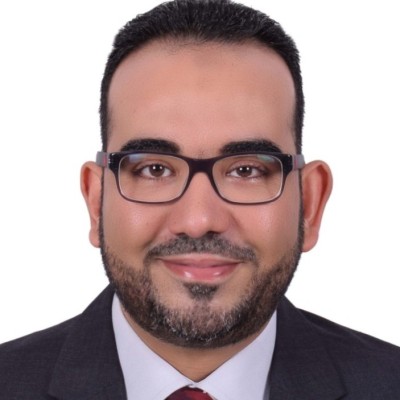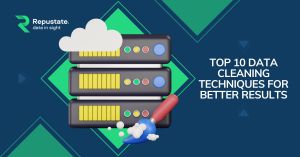A new online surveillance bill was proposed by the Canadian government on Tuesday – and its critics are saying it could be a violation of Canadians’ online privacy.
Proposed as a bill to help with government security and to make it easier to catch online predators such as child pornographers – if passed , authorities and the police could gain access to an Internet subscriber’s information. This means they could learn personal information such as a user’s name, email address, real address and phone number, without needing a warrant beforehand.
Police and spies would also have the ability to read messages and conversations between users, through Internet service providers. While the theory of the bill may be well-intentioned, unwarranted access to personal information isn’t always handled in an honest way. Countries like Iran and China have their own state-controlled firewalls- if the newly proposed bill was passed would it really be completely unreasonable to say that the government wouldn’t go even further to monitor our Tweets and Facebook posts in the future?
During the last year’s Green Revolution in Iran, the country’s Revolutionary Guard monitored cellphone use and social media activity on sites like Twitter and Facebook to identify anti-government protesters. The same happened in Egypt last year, Burma in 2007 and Nepal in 2005.
Even the U.S. Department of Defence and the Office of the Director of National Intelligence has tried to figure out a process to automate what it considers an ‘emerging threat’ or ‘potential outbreak of upheaval,’ by monitoring billions of posts from the social media sphere every day.
Critics to Ottawa’s proposed online surveillance bill say it violates Section 8 of the charter, “which protects against unlawful search and seizure,” according to Micheal Vonn of the B.C. Civil Liberties Association.
“The IP address is essentially a key to map your activities on the internet, things that you might do anonymously, so the idea that this is completely innocuous is problematic,” Vonn said in earlier media reports.
In Chicago, an alderman also made headlines on a similar note earlier this week by asking Chicago’s City Council to not shut down cellphone use or social media sites when world leaders attend two international summits that begin in May. Ald. Ricardo Muñoz told NBC Chicago that the upcoming summits are the first on “American soil in the age of Twitter, and we want to be sure people are able to communicate because communication is good. That way we’re able to get safe information out to people, people will be able to communicate, and people will be able to organize better.”
While Munoz said he had no indication that council members were planning anything, he said he wanted to plan ahead and make sure authorities didn’t follow the actions of dictatorship countries. Chicago’s City Council hasn’t responded to Munoz.
“What’s happened in the past is that usually governments tend to want to be be restrictive as a knee-jerk reaction. What we’re saying is that we don’t want this to be one of the tools in [their] toolbox,” he said.
So what do YOU think? Is there any reason to be concerned by Ottawa’s proposed online surveillance and social media listening or are the critics and Ald. Muñoz overreacting due to the actions of leaders in other countries?
 Home
Home
 Mar 8, 2016
Mar 8, 2016

 Jeremy Wemple
Jeremy Wemple
 Dr. Ayman Abdelazem
Dr. Ayman Abdelazem
 Dr. Salah Alnajem, PhD
Dr. Salah Alnajem, PhD
 David Allen
David Allen

 Repustate Team
Repustate Team

